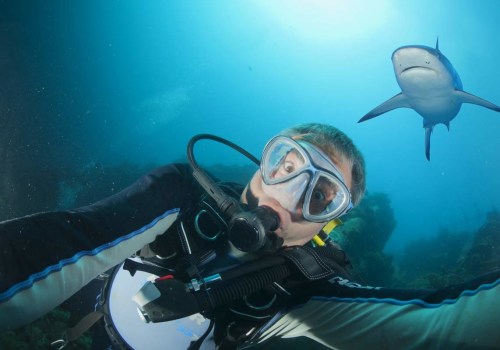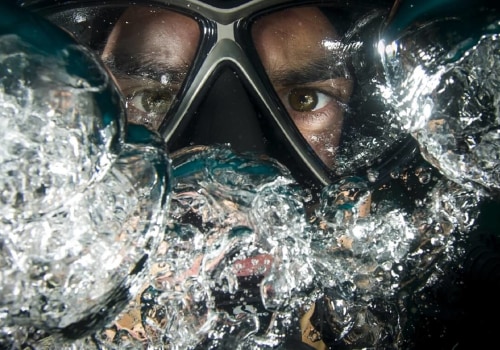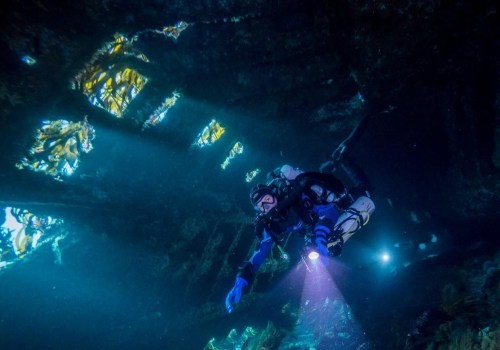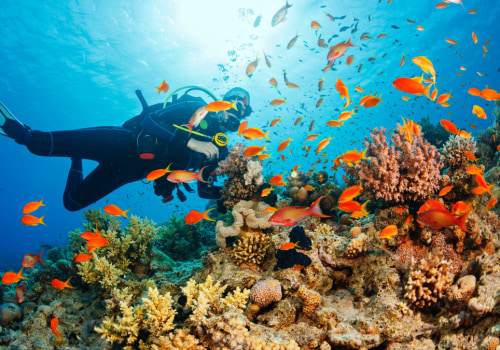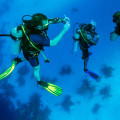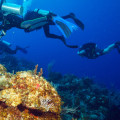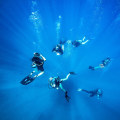Diving is an exciting and rewarding activity, but it also carries certain risks. The three most common diving emergencies are barotrauma to the ears and sinuses, decompression sickness (also known as The Bends), and marine poisoning. It is essential that all divers are aware of the potential dangers of these medical conditions and seek medical advice before entering the water. Companies that offer diving or snorkeling activities should take steps to minimize these risks. To reduce the risk of injury or death, divers should be in good physical condition, have the right equipment, be properly trained and experienced, and never be left alone.
Drowning can occur when a person becomes incapacitated in water due to fatigue, panic, or other injury. PCBUs must ensure that divers are supervised and have efficient systems, personnel, and equipment for rescue, first aid, and evacuation. Decompression sickness occurs when excessive amounts of nitrogen in the body form bubbles in the blood vessels and tissues as the diver ascends. These bubbles can damage tissues and clog blood vessels, obstructing blood flow to vital organs. Decompression sickness can occur after any dive, even when the dive has been done within the limits of decompression tables or conventional computers.
If a diver has symptoms, appropriate first aid should be provided and medical advice sought. Barotrauma is an injury caused by pressure differences that cause changes in the volume of the body's air spaces. Examples of air spaces at risk of barotrauma include the ears, sinuses, lungs, and face mask cavity. The greatest pressure changes occur close to the surface, so divers have the greatest risk of suffering barotrauma in the first 10 meters. Nitrogen narcosis is caused by breathing nitrogen under pressure. It acts like a drug and affects people differently.
Nitrogen narcosis affects reasoning, judgment, memory, perception, concentration, and coordination. It can cause overconfidence, anxiety, or panic. Survival instincts and responses may be suppressed. Recreational diving carries inherent risks but serious injuries and deaths related to diving are relatively rare. Emergency doctors may rarely see a true diving emergency throughout their careers (especially those who don't practice close to shore).
Diving-related emergencies are a low-frequency but high-impact area of practice for emergency doctors. If a diver experiences an uneventful dive but then develops a speech disorder afterwards, they should be taken to an Emergency Department for evaluation. This distinction is important since orbital bleeding requires a diagnostic imaging (CT) consultation and an emergency ophthalmological consultation instead of transferring them to a hyperbaric center in case of suspicion of arterial gas embolism (AGE). Hyperbaric treatment is contraindicated in case of orbital bleeding.
